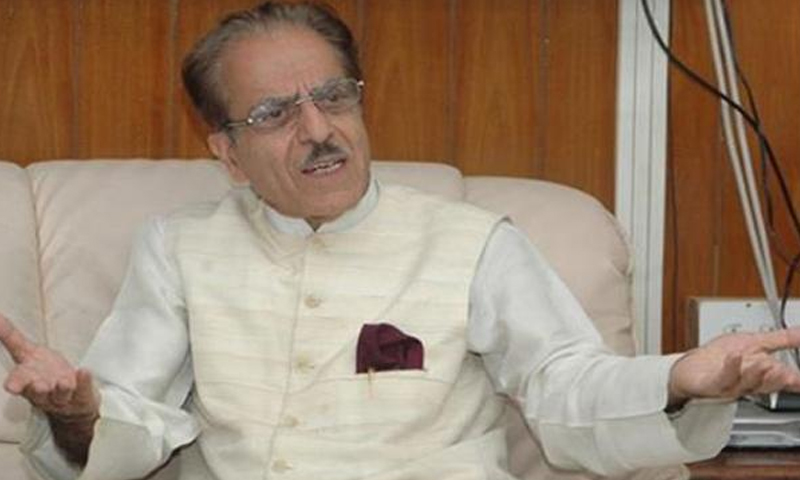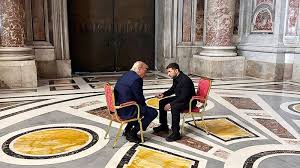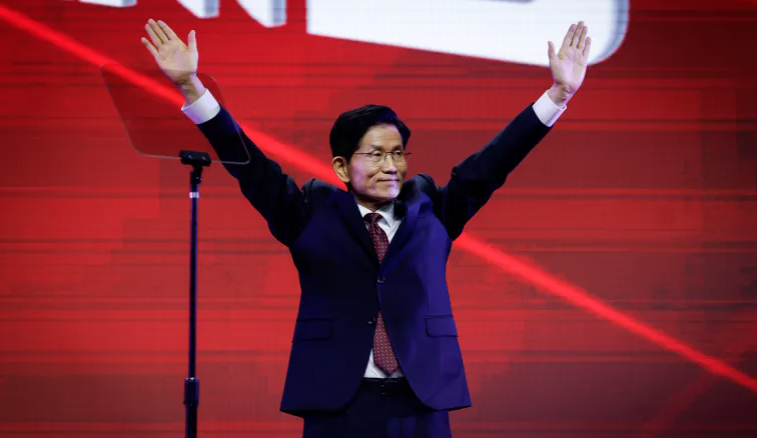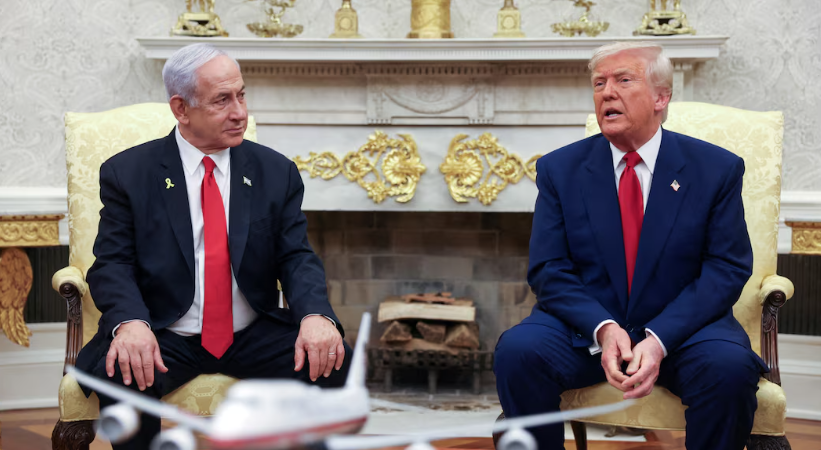WORLD NEWS
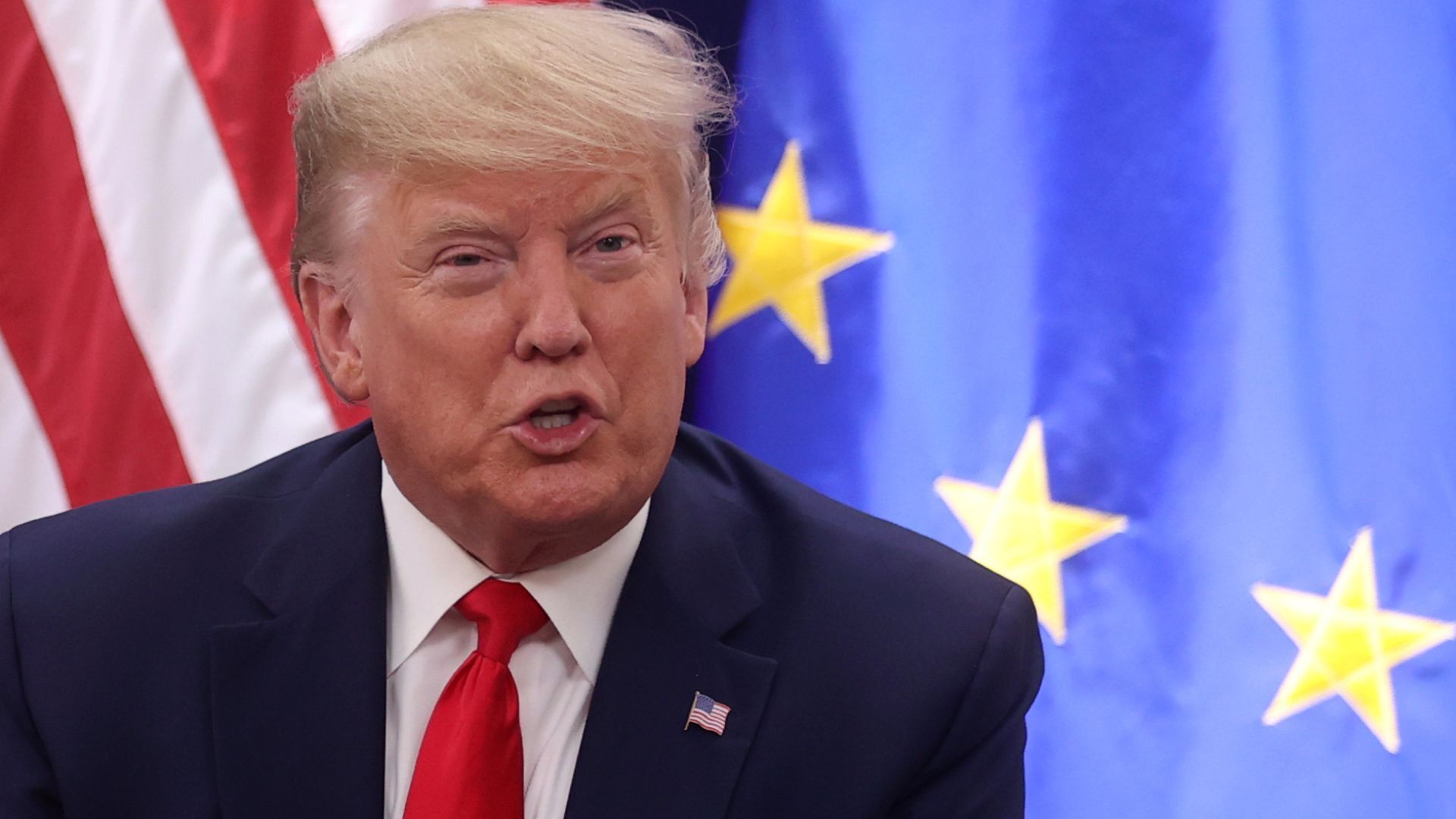
President Donald Trump signed an executive order on Thursday calling for the declassification of documents connected to three of the most significant assassinations in U.S. history: John F. Kennedy (JFK), Robert F. Kennedy (RFK), and Martin Luther King Jr. (MLK). Trump stated, "This is a big one. A lot of people have been waiting for this for years, for decades. Everything will be revealed."
This decision comes after years of public fascination and intrigue surrounding the assassinations of these political and social icons, which have long been subjects of conspiracy theories and debates. In 1992, the U.S. Congress passed a law mandating the release of files related to JFK's assassination, with exceptions made for national security concerns. The files pertaining to JFK's assassination have already seen partial declassification, with less than 4,700 documents still withheld in part or full.
While Trump’s new order does not specify the exact documents that will be released, it sets a timeline for the declassification process. For JFK’s assassination, a plan for the full release of records must be submitted within 15 days. The same timeline is set for the RFK and MLK files, with a plan due within 45 days. The decision has reignited debates over the historical narratives surrounding these events.
The question of government involvement or cover-ups surrounding these events remains prevalent, with figures like Robert F. Kennedy Jr., RFK's son, claiming CIA involvement in his uncle’s assassination – an accusation that the CIA has vehemently denied. Similarly, questions about whether James Earl Ray acted alone in MLK's death continue to resonate, with King’s family suggesting that Ray may not have been the sole perpetrator.
Legal Challenges and Birthright Citizenship Blocked
While Trump’s executive order on the assassinations has sparked intrigue, other aspects of his administration are facing legal hurdles. One of his orders regarding birthright citizenship has been blocked by a federal judge, who declared it unconstitutional. The order sought to revoke birthright citizenship for children of undocumented migrants and those on temporary visas, something protected under the 14th Amendment of the U.S. Constitution. Judge John Coughenour of Seattle temporarily blocked the order, citing concerns over its legality.
The debate over birthright citizenship is complex. Trump has argued that the U.S. is one of the only countries that offers this benefit, but experts point out that many countries, including Canada and Mexico, follow similar policies.
Geopolitical Focus and Global Relations
In parallel with his domestic policies, Trump addressed global concerns during his online address at the World Economic Forum in Davos, Switzerland. He called for fairer trade relations with China and a stronger NATO defense budget, emphasizing his stance on tariffs for businesses that do not manufacture their products in the U.S. His comments on the ongoing Russia-Ukraine war linked international oil prices to the conflict, suggesting that bringing down oil prices could lead to a resolution.
In another move, Trump signed an order recognizing the Lumbee Tribe of North Carolina as a federally recognized tribe, a significant step toward full federal recognition for a community long denied such status.
Other Key Actions and Executive Orders
- Cryptocurrency: Trump signed an executive order supporting the responsible growth of digital assets, signaling a major shift in his administration’s approach to blockchain and cryptocurrency technologies.
- Anti-Abortion Rights: In a move that solidified his stance on anti-abortion rights, Trump pardoned 23 activists who had been involved in anti-abortion protests.
- CIA Nominee: The Senate confirmed John Ratcliffe as the new CIA director, with a vote of 74-25.
With these actions, Trump’s presidency continues to stir debate, and his controversial policies remain a point of contention for many as legal battles unfold and global issues evolve.
